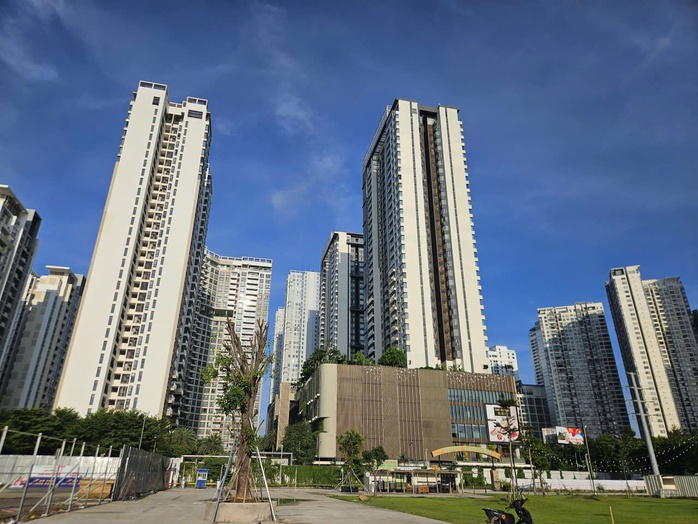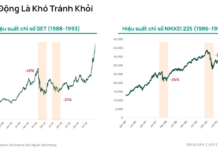Vietnam’s Ministry of Construction is seeking public input on a draft resolution aimed at controlling and curbing real estate prices. The proposal outlines three key mechanisms, with a notable focus on restricting loans for the purchase of second or subsequent homes.
The ministry suggests that at least 20% of housing projects should be allocated for “affordable homes” and that transactions should be conducted through state-managed platforms. Additionally, they propose capping loan amounts for non-social housing purchases.
For second home purchases, the suggested loan limit is 50% of the property’s contract value, while for third or subsequent homes, the limit drops to 30%.
In an interview with *Bao Nguoi Lao Dong*, Dr. Dinh The Hien, an economic expert, expressed his understanding of the ministry’s intent to curb real estate speculation by tightening loan limits. However, he cautioned that such policies might interfere with banking operations and monetary policies. Dr. Hien emphasized the need for long-term stability in the real estate and financial credit markets, advocating for market-driven principles and the importance of developing the real estate sector in the right direction.
Dr. Hien further highlighted that investment choices should be left to banks, investors, and developers, with the government focusing on planning and legal enforcement. He warned that the proposed credit tightening could significantly impact the already struggling real estate market, which is yet to meet the housing demands of the majority.

The Ministry of Construction is gathering feedback on the draft resolution to control and stabilize real estate prices.
Can Speculation and Price Gouging Be Curbed?
Associate Professor Dr. Pham The Anh from the National Economics University believes that limiting loan ratios will help reduce speculative credit in real estate but may not deter speculators who do not rely on loans. Banks heavily dependent on real estate lending (for speculation) are likely to be more affected. However, speculative hoarding and price manipulation remain challenging to control when profit margins are high.
Regarding real estate credit control policies, Maybank Securities’ Research and Analysis Department views this as a positive direction, aligning with regulators’ long-term efforts to minimize systemic risks. Given that the real estate sector contributes approximately 14-15% to GDP and influences over 40 other industries, credit policies should be implemented rationally, flexibly, and in line with market mechanisms. A healthy real estate market can attract capital efficiently, boosting economic performance without posing significant financial system risks.
“Credit risks can be significantly reduced if the market achieves two critical conditions: a balanced supply and demand in terms of both quantity and price, avoiding prolonged imbalances; and timely infrastructure improvements to support urban expansion and satellite city development, especially with the growing trend of megacities and suburban growth,” noted a Maybank expert.
Unlocking Housing Supply: The Key to Controlling Property Prices
Renowned economist Dr. Nguyễn Văn Đính asserts that the key to lowering housing prices lies not in dampening demand, but in bolstering supply. To achieve this, he advocates for government intervention focused on streamlining legal processes, expediting project approvals, and alleviating cost burdens.
Prime Minister Urges Aggressive Implementation of Solutions to Boost Housing Supply and Lower Prices
Prime Minister Pham Minh Chinh has signed Telegram No. 190/CĐ-TTg dated October 7, 2025, urging drastic measures to increase housing supply, reduce property prices, and stabilize the real estate market.










































